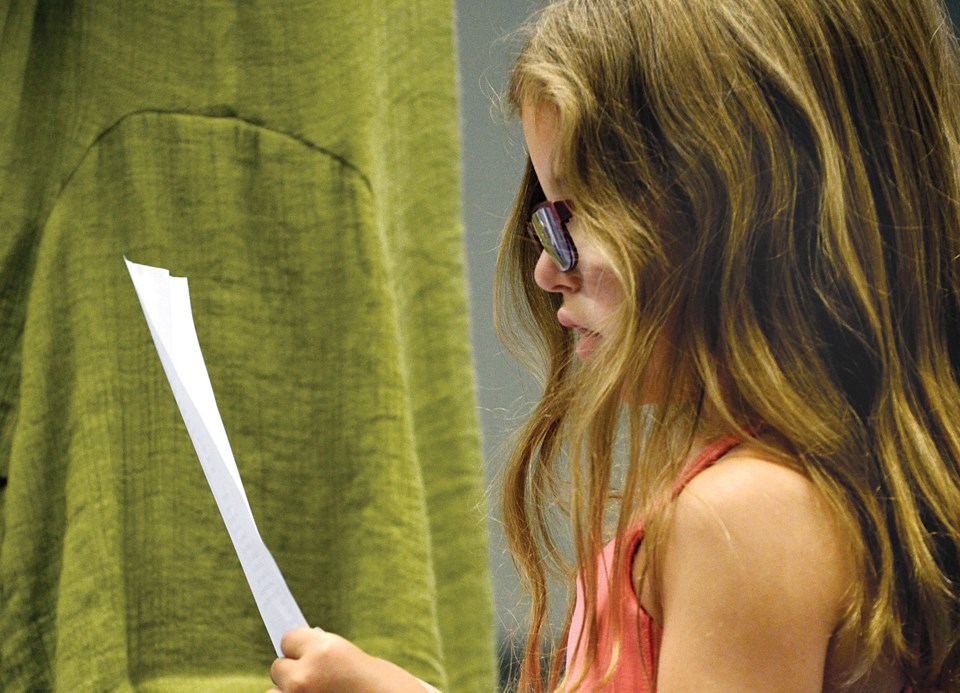BC Mental Health and Addiction Services have put together some tips for parents of children who may be feeling anxious about school.
They say that back-toschool can trigger anxiety and stress in some children but there are steps parents and caregivers can take to help.
"The start of the school year can be a really positive time, full of new opportunities for young people, but it can also be overwhelming for some," said Dr. Connie Coniglio, BC Mental Health & Addiction Services, in the release. "If your child isn't looking forward to school, they may be experiencing stress or anxiety. While some children and youth thrive on the back-to-school excitement, others may need a calming, reassuring environment to support them during this transition." Anxiety (feeling worried, nervous, fearful) is normal from time to time in adults and children. It's a problem if your child seems to be anxious often when other children of the same age are typically not; it negatively affects their functioning and/or your family life; and if it doesn't get better over time.
There are signs and symptoms that can indicate your child is feeling undue stress about school. They are:
- Attempts to remain at home or with caregiver
- Refusal to attend school on certain days (field trips)
- Refusal to eat in public
- Refusal to use public bathrooms
- Extreme shyness, avoiding social situations or events
- Tantrums, crying, screaming
- Constant worrying
- Physical complaints with no medical explanation (stomach aches, headaches, difficulty catching breath)
- Seeking comfort/reassurance
The tips they recommend for parents and caregivers are to:
- Provide regular routines (morning, school, homework, bedtime)
- Provide clear expectations, limits and consequences
- Plan for transitions (getting to school, returning to school after breaks)
- Help your child identify his or her feelings nervous, intimidated, shy
- Pay attention to your child's feelings
- Ask your child if they have ideas or solutions for a particular concern
- Show yourself identifying your own feelings, problem solving and being brave
- Remain calm when your child is anxious
- Hold realistic expectations that are right for the child's age
- Praise and reward even their small accomplishments
These are good ideas but, in my view, not enough for a child dealing with any serious anxiety or stress issues. As a matter of fact, I would say that for the most part these are tips all parents should follow for all kids. All kids thrive when there is a regular routine and expectations so that they know what they can count on during the day. Most kids will have some bouts of problems or concerns at school and need you to listen, and help them identify the problem and a possible solution.
But kids showing the signs and symptoms mentioned earlier in this article need much more than routine, being heard and realistic expectations.
Once you have determined that your child is unduly anxious it's time to talk to the school. What is happening in class? What about in the schoolyard? What has the teacher noticed with your child? Become a detective to try to discover the cause of the problem. Then it can be easier to deal with and hopefully the teacher will be your advocate in this endeavour.
If this isn't the answer you need, consider counselling for your child.
Remember, school is great or at least good for most kids but for the few that are overwhelmed it's best to help them deal with it as soon as possible.



